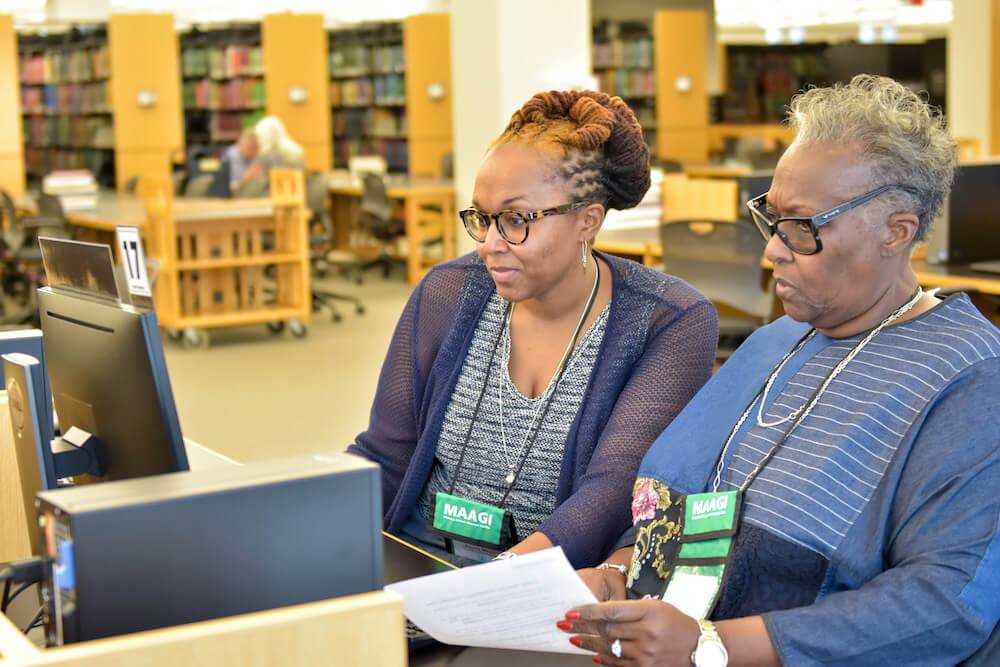As both a travel writer and the author of a new book on tracing my family roots, I have a keen sense for the ways in which genealogy and travel are related. From visiting research centers to touring the village where your ancestors once lived, a genealogical quest provides many tempting travel possibilities. And while each person’s search is unique, tracing family roots provides rich opportunities for group travel as well.
In my book “The Soul of the Family Tree: Ancestors, Stories, and the Spirits We Inherit,” I explore my Scandinavian roots and how genealogy can provide valuable life lessons. I travel to places that include Norway and Newfoundland, learn about Norse history, attend a Viking re-enactment, and trace the story of my great-great-grandparents from the Norwegian fjords to Iowa. Along the way, I discover how outer journeys can lead to inner growth.
I hope readers will use my book as a springboard for their own genealogical travels. While most people start their search for family roots online, the itch to hit the road often follows. That’s when group tours can be especially valuable. Two of the top destinations are the Family History Library in Salt Lake City, Utah, which is one of the world’s largest genealogy centers, and The Genealogy Center at the Allen County Public Library in Fort Wayne, Indiana, which houses the second-largest genealogy center in the United States. Other major research institutions include the American Family Immigration History Center at Ellis Island in New York, the National Archives in Washington, D.C., and the New York Public Library.
Groups can also visit centers geared to specific ethnicities and groups. The Norwegian American Genealogical Center in Madison, Wisconsin, for example, provided invaluable help to me while I was researching my book. No matter what your background, there’s an institution that can be of help, from the Puget Sound Genealogy Center in Washington state and the Germanic Genealogy Society in Minnesota to the National Hispanic Cultural Center in New Mexico.

Credit: Visit Fort Wayne
Tour leaders can hire professional genealogists to assist in the exploration of sites such as Colonial Williamsburg and Civil War battlefields, adding an extra layer of meaning to these historic landmarks. Trips to countries that sent large numbers of emigrants to America often benefit from a genealogy component as well. Visitors to Ireland, for example, can explore the Cobh Heritage Centre in Cork. And cruise lines have long been aware of the popularity of tracing family roots, many offering genealogy-themed trips to ports of call around the world.
Given the fact that genealogy is one of the world’s most popular hobbies, heritage travel—as this segment of the travel market is sometimes called—is likely to continue to grow. That’s because there’s no substitute for seeing a piece of your family history in person, whether it’s a grave marker; a baptismal record written in a spidery, 18th-century hand; or the church where your great-grandparents were married. I know that one of my peak travel experiences was gathering a handful of soil from the farm in Norway where my great-great-grandfather lived before emigrating to the United States in 1850. As travel planners and group-tour leaders, you can help others have these once-in-a-lifetime experiences.
Lori Erickson is a travel writer in Iowa City, Iowa, and the author of “The Soul of the Family Tree: Ancestors, Stories, and the Spirits We Inherit.”












